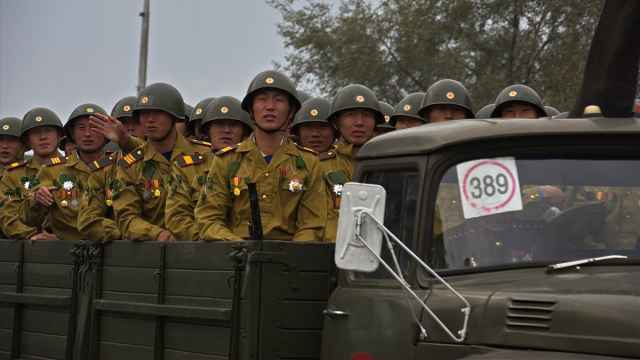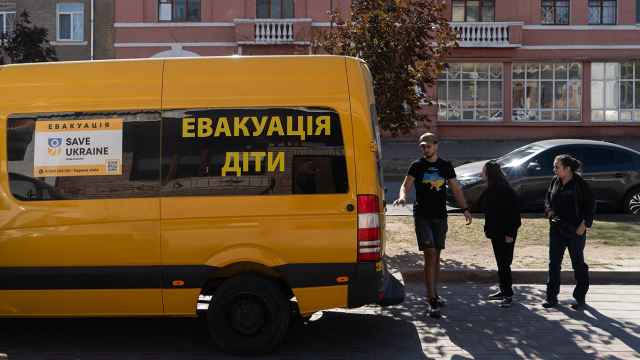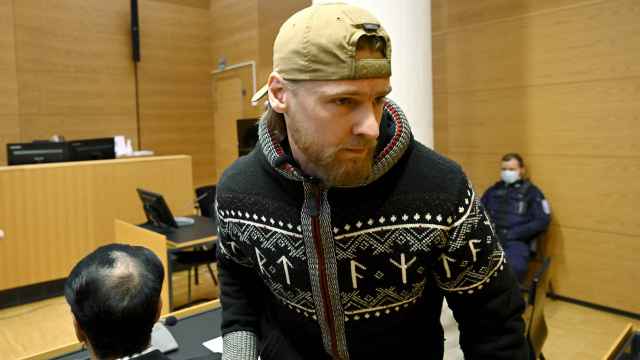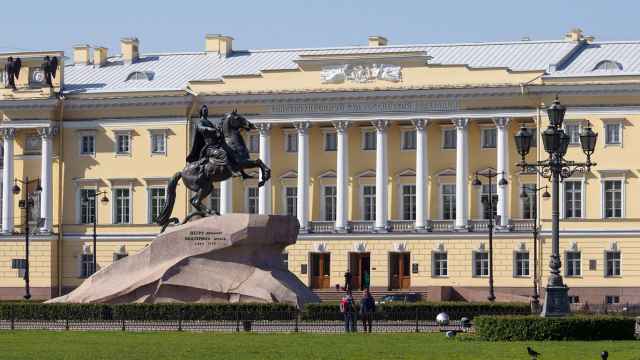The European Court of Human Rights on Thursday found Russia responsible for 18 deaths incurred during a military strike on a village in Chechnya in February 2000, ordering it to pay more than 1 million euros in damages.
The court ruled in favor of 13 applicants in the case — all of whom are residents of the village in question, Aslanbek-Sheripovo — and relatives of the deceased.
The court said that the villagers had "received assurances from commanders of the Russian army that there would not be any military strikes on the village as long as no armed fighters would be present there," and were therefore caught off guard by the strike on Feb. 17, 2000.
The case marks the first time that Russia has acknowledged that there was a violation of the right to life under Article 2 of the European Convention on Human Rights during the Chechen conflict, although it did cite wartime conditions in its defense.
Russian authorities said they would investigate the incident.
In a separate case on the same day, the human rights court also found Russia guilty of the death of Beslan Arapkhanov, who was killed during a Federal Security Service (FSB) raid on a village in Ingushetia.
On the morning of July 20, 2004 a group of Russian soldiers shot Arapkhanov in his home and severely beat his cousin who lived next door and was woken up by the sound of gunfire.
Although Russia did not dispute that Beslan Arapkhanov was killed by FSB servicemen, it argued that the victim had put up armed resistance.
The court awarded the claimants 68,000 euros in compensation for sustained material and moral damages.
Russia has three months to appeal the rulings, after which they will become final.
A Message from The Moscow Times:
Dear readers,
We are facing unprecedented challenges. Russia's Prosecutor General's Office has designated The Moscow Times as an "undesirable" organization, criminalizing our work and putting our staff at risk of prosecution. This follows our earlier unjust labeling as a "foreign agent."
These actions are direct attempts to silence independent journalism in Russia. The authorities claim our work "discredits the decisions of the Russian leadership." We see things differently: we strive to provide accurate, unbiased reporting on Russia.
We, the journalists of The Moscow Times, refuse to be silenced. But to continue our work, we need your help.
Your support, no matter how small, makes a world of difference. If you can, please support us monthly starting from just $2. It's quick to set up, and every contribution makes a significant impact.
By supporting The Moscow Times, you're defending open, independent journalism in the face of repression. Thank you for standing with us.
Remind me later.





